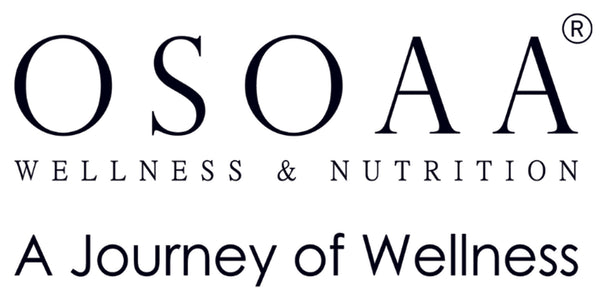There are many different kinds of diets, each with its own set of guidelines and principles. Some diets are focused on weight loss, while others are designed to improve overall health or target specific health conditions. Understanding the different types of diets can help you choose the one that's right for you.
One of the most popular diets for weight loss is the low-carb diet. This diet limits the amount of carbohydrates you eat, which can lead to weight loss as the body burns stored fat for energy instead of carbohydrates. The ketogenic diet is a popular form of the low-carb diet, which requires that the majority of calories come from fats and only a small amount from carbohydrates.
Another popular weight loss diet is the low-fat diet, which reduces the amount of fat you eat in order to promote weight loss. This diet focuses on eating more fruits, vegetables, whole grains, and lean protein sources. The Mediterranean diet is an example of a low-fat diet that is also rich in healthy fats, like olive oil, and emphasizes eating whole foods and limiting processed foods.
There are also diets that focus on improving overall health, such as the plant-based diet. This diet is based on whole, unprocessed plant foods such as fruits, vegetables, whole grains, nuts and seeds. Studies have shown that following a plant-based diet can lower the risk of chronic diseases such as heart disease and type 2 diabetes.
For people with specific dietary needs or concerns, there are also specialized diets. For example, the gluten-free diet is designed for people with celiac disease or gluten intolerance, who must avoid gluten, a protein found in wheat, barley, and rye. Similarly, the paleo diet is based on the principle of eating like our ancestors and aims to replicate the diet of early humans, who ate mostly meats, fruits, and vegetables.
One more kind of diet is the intermittent fasting diet which is based on scheduling eating times, instead of restricting certain foods. There are several different variations of intermittent fasting, but the most popular is the 16/8 method, which involves fasting for 16 hours and eating during an 8-hour window.
Ultimately, the best diet is one that you can stick to and that provides a balanced and diverse range of nutrients. It's important to talk to your healthcare professional before starting any new diet, and to be mindful of any dietary restrictions or allergies you may have. With a little bit of research and planning, you can find the diet that's right for you and your unique needs.

